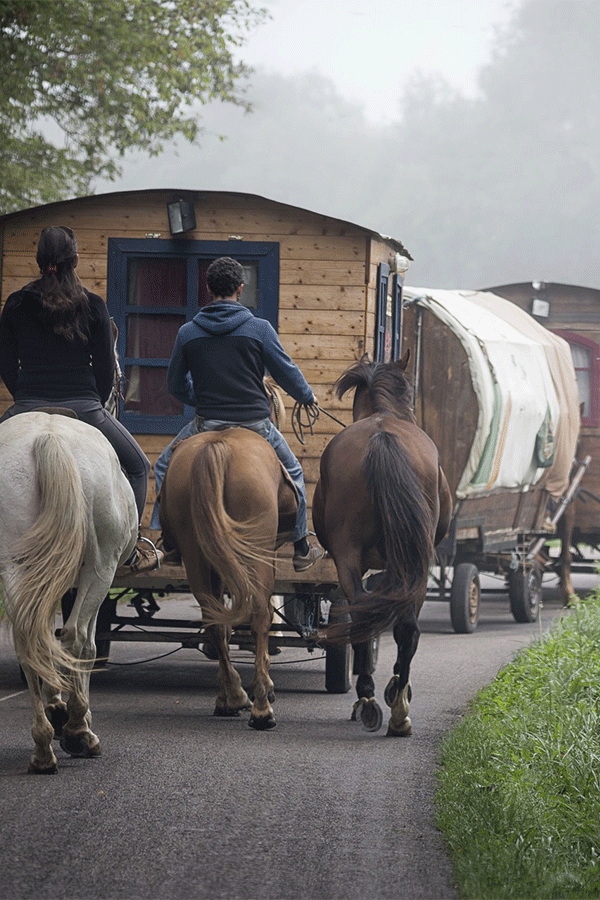We want to do more to prevent reoffending
People from the Gypsy, Roma, Traveller communities make up a disproportionately large percentage (5%) of the prison population in the UK, and there is still discrimination and prejudice directed against these groups.
Re-offending rates in some London prisons are over 60% for those with sentences less than 12 months.
Although there are no available statistics, we believe that the re-offending rates for Travellers may be higher. This has damaging consequences for the individual, for their families and communities, and for society in general.
We believe that more needs to be done to support the rehabilitation of Traveller prisoners, which we hope would empower the wider Traveller community.

There are many more people who would benefit from our services if we had the resources. We’d be grateful for any help you can offer either by becoming a volunteer or by donating.
You can also get the latest updates from our case workers and volunteers by joining our email list.
VolunteerDonate NowSign up for Email Updates and NewsTravelling Forward Resettlement Project
We launched in April 2019 a Resettlement Project which offers a range of pre- and post-release support to Travellers in selected prisons.
The Project has already made a profound personal impact on the lives of many Travellers (offenders and their families) and it has started to change the way resettlement decisions about Travellers are made in the South East of England. One of several successes has been the setting up of a self-management group for Travellers in HMP Wandsworth, the first of its kind in a London prison.
The work of the Project was commended in a HM Inspectorate of Prisons report 'Minority ethnic experiences of rehabilitation and release planning', published in October 2020. The report recognises the discrimination that Travellers face in the criminal justice system and acknowledgesthe work of the Resettlement Project in preparing these men for release and continuing to support them in the community.
We believe that this Project has the potential to dramatically improve the situation of Travellers as a whole and as a consequence, to contribute positively to wider society.
We hope this project will lead to a significant reduction in re-offending rates amongst Travellers. We also believe that a successful resettlement project could help to reverse the adverse effects of discrimination, negative stereotyping, and low expectation levels around those Traveller communities where imprisonment is an all too common reality, and instead lead to more positive aspirations.
